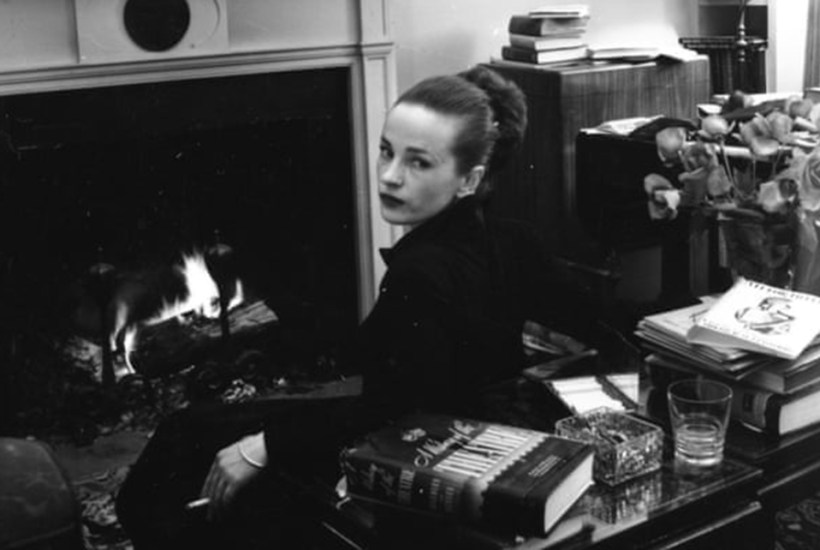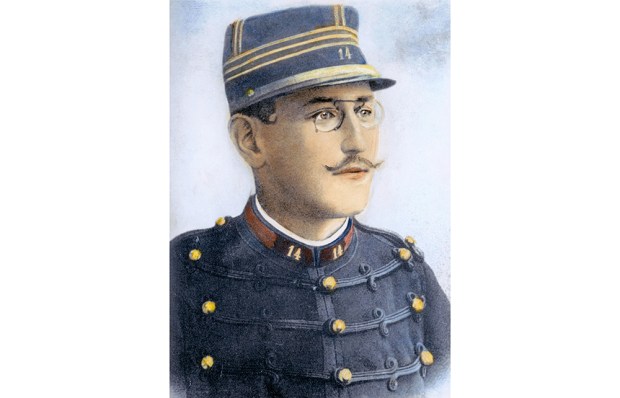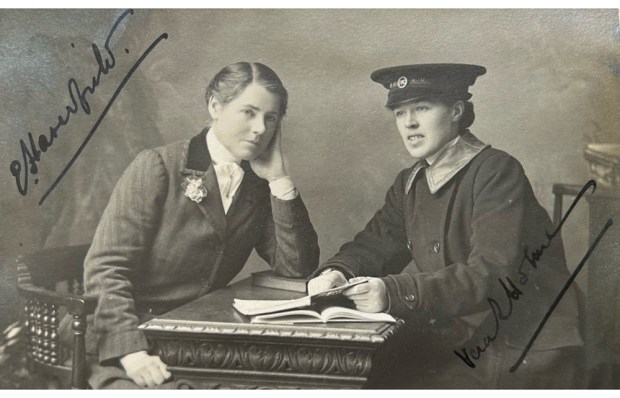A man ignores his wedding anniversary and is so sickened by the bowl of flowers his wife has placed by his bed that he drops them and breaks the precious cut glass. Another man is so enraged by seeing his wife close the kitchen door when he comes in from work that he enters a state of fevered reverie where he concludes ‘nothing in his life made sense’. In a different story, the mess and argument caused by an improperly laid fire makes Mrs Derdon leave the house, sure that she ‘was not coming back’.
The stories in Maeve Brennan’s The Springs of Affection (first published in the New Yorker, and, after her death in 1993, as a collected edition in 1997) are not about dramatic flights of fancy or the memorable red-letter days of a life. Set in a ‘small house’ in a suburb of Dublin – the house where Brennan grew up, before she moved to New York – these stories are precise, honest records of the less-than-glamorous aspects of existence: tea trays that need laying, carpets that need beating and children that need watching.
Writing over a period of 20 years, Brennan describes the lives of three families: Maeve as a child and her family (including a republican father who was in hiding when the Irish Free State was declared); Hubert and Rose Derdon and their son John, who has left them for the priesthood; and Martin and Delia Bagot and their daughters Lily and Margaret. If short stories are normally limited to a moment in the span of a larger life, Brennan turns this convention on its head. Through repeatedly describing the same characters – and placing them all in the same, meticulously described house with its yellow roses in the garden and three steps down to the kitchen – she offers her readers a ‘novel-in-parts’. The revelations from one story (how Rose never recovered from her father’s death, or how Delia’s first child, a son, died soon after a birth), bleed into the next.
It is easy to say that Brennan’s subject is the small, overlooked aspects of lives, but her true interest is interiority: how the thoughts of one person catch, rub and grate upon another, and how all these inner machinations have physical effects. Characters ruminate, doors are shut and relationships falter as a result. In print for the first time in 20 years – and with a perceptive introduction by the novelist Claire-Louise Bennett – these wonderfully subtle stories wield a shocking force and show Brennan to be a literary talent that should not be forgotten.
Got something to add? Join the discussion and comment below.
Get 10 issues for just $10
Subscribe to The Spectator Australia today for the next 10 magazine issues, plus full online access, for just $10.
You might disagree with half of it, but you’ll enjoy reading all of it. Try your first month for free, then just $2 a week for the remainder of your first year.














Comments
Don't miss out
Join the conversation with other Spectator Australia readers. Subscribe to leave a comment.
SUBSCRIBEAlready a subscriber? Log in